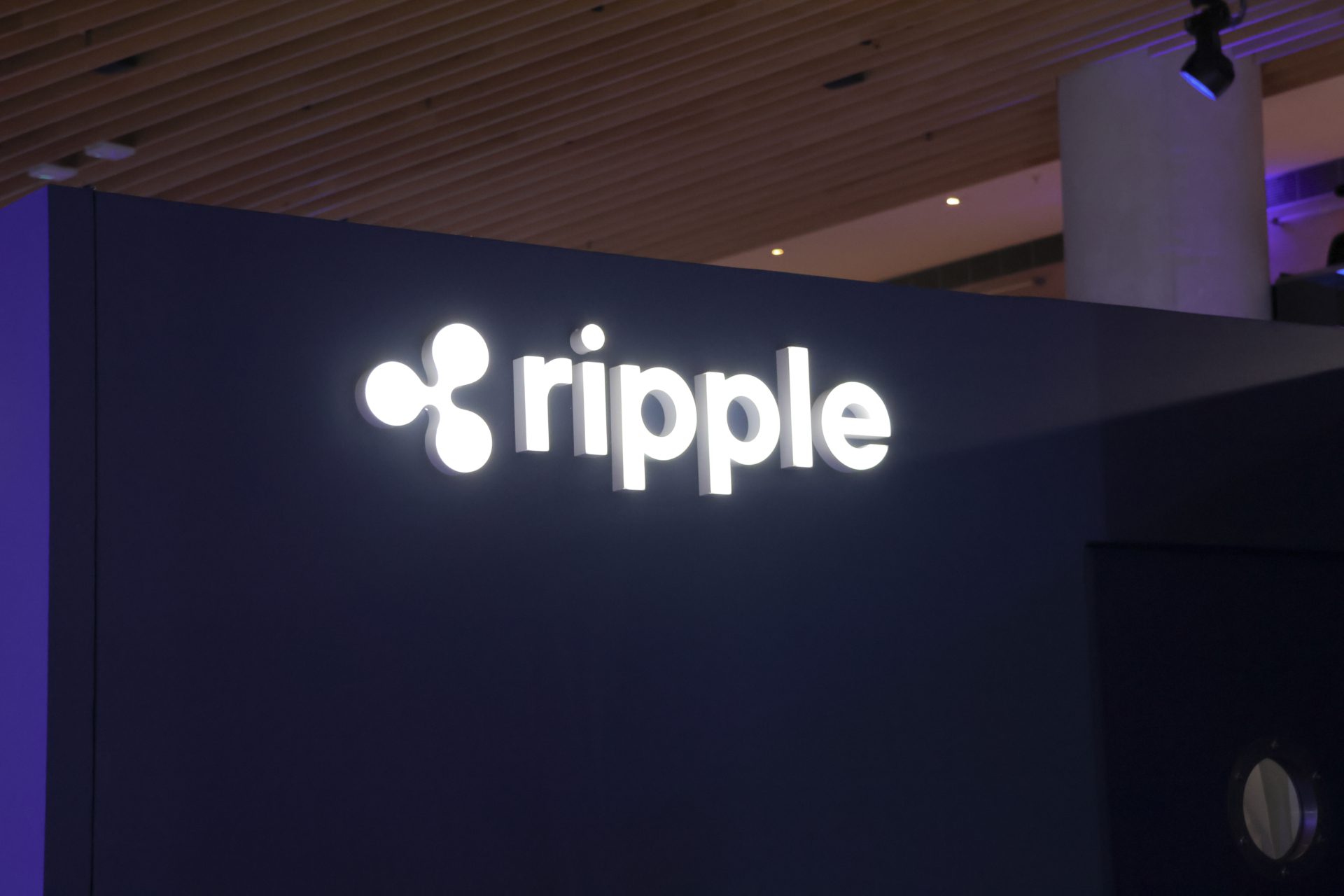Recent developments in the financial landscape are causing significant ripples in the crypto world, particularly affecting firms like Circle, the issuer of the USDC stablecoin. The anticipated initial public offering (IPO) plans for Circle have reportedly been pushed back, reflecting broader market unpredictability influenced by ongoing trade tensions.
Market Volatility and Its Impact
The hesitation surrounding Circle’s IPO is emblematic of a growing trend among various companies that have recently chosen to delay their entrance into public markets. Notably, firms such as Klarna and StubHub have also postponed their IPOs. This collective pause is largely attributed to heightened instability in financial markets linked to trade decisions made by the U.S. government.
Why the Delay Matters
The decision to delay an IPO often stems from external factors that alter the investment landscape. In Circle’s case, the U.S. has reinstated a sweeping 10% tariff on imports, which has resulted in both the S&P 500 and Nasdaq facing their largest drops in over a year. As trading volatility rises, it creates an adverse environment for potential IPO pricing and diminishes institutional investors’ interest.
Circle and Its Unique Position
Circle is in a different position than competitors like Tether, as it is focused on acquiring global regulatory approval and building institutional trust. The company’s efforts toward transparency and compliance underline its ambitions to solidify USDC as a go-to stablecoin for banks and payment processors. The potential postponement of its IPO could hinder these goals, especially in light of the existing skepticism regarding dollar-pegged cryptocurrencies in markets that are increasingly wary of U.S.-centric financial systems.
A Wider Industry Implication
The implications of Circle’s IPO delay extend beyond just its corporate strategy; it signifies a broader recalibration within the fintech and cryptocurrency sectors. Market analysts suggest that this ongoing delay reflects how companies with international exposure are reconsidering their operational strategies amidst changing geopolitical climates and trade dynamics.
Community Consequences
The community surrounding cryptocurrency may face challenges due to these adjustments. For instance, if USDC’s link to the dollar falters due to global instabilities, it may shake investor confidence among stakeholders who rely on its stability. As such currencies are integral to online transactions and asset tokenization platforms, prolonged uncertainty could have a cascading effect on user trust and participation in the crypto ecosystem.
Next Steps for Circle
Though Circle has yet to issue an official statement regarding its IPO status, the company is at a crossroads where clarity is essential. As the markets continue grappling with trade-related uncertainties, it remains critical for Circle and similar firms to navigate these challenges effectively, offering transparent communication to their stakeholders. Industry observers eagerly await further updates to determine how these unfolding events will shape the future trajectory of cryptocurrency and fintech enterprises.



